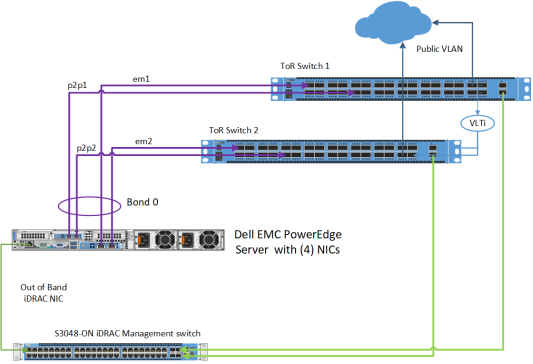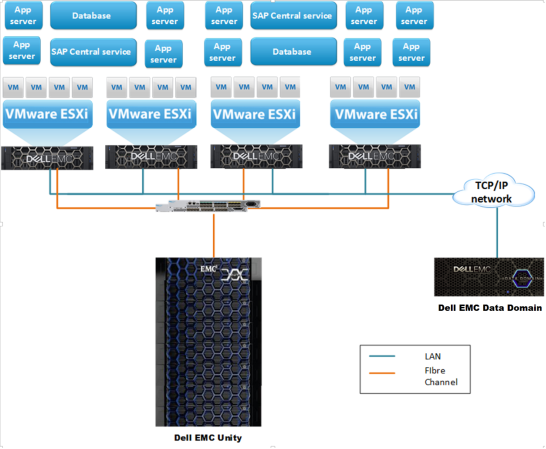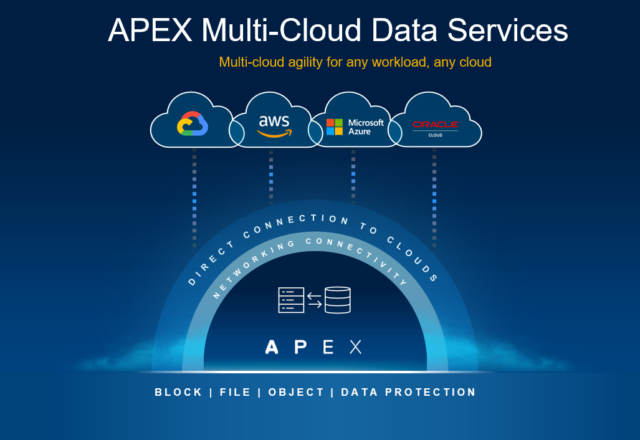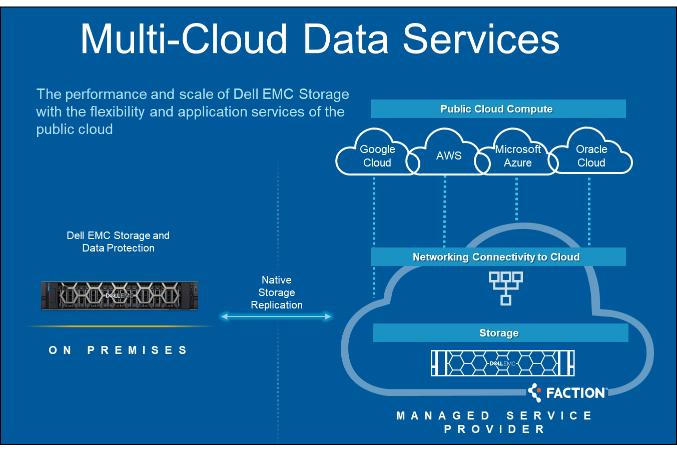Red hat has been a partner of innovation with Dell for a long-standing period of 25 years. Together, they have validated and engineered open-source solutions, positively impacting and simplifying IT.
IT environments have become more complex, from infrastructure to workflows, and they will continue to grow in its complexity. Dell and Red hat partnership focus on developing solutions that will help in the running of very critical workloads. Dell infrastructure and technologies can be relied upon for all that might be needed, from software solutions to hardware as well as support. This collaboration covers a wide array of solutions from automation, data management, storage, and so on. This collaboration aims to empower organizations to achieve more and do so faster. Some advantages of this collaboration are highlighted below:
- Equ engineered solutions become outstandingly better because they bring the best of talents from both sides.
- The infrastructure is validated. The open-source which has been specifically built for this purpose and tested multiple times over to ensure success and accelerate the digital transformation
- Reliable support anytime anywhere is an extremely helpful promise.
Some of the solutions that have been hugely beneficial from these advancements are noted below:
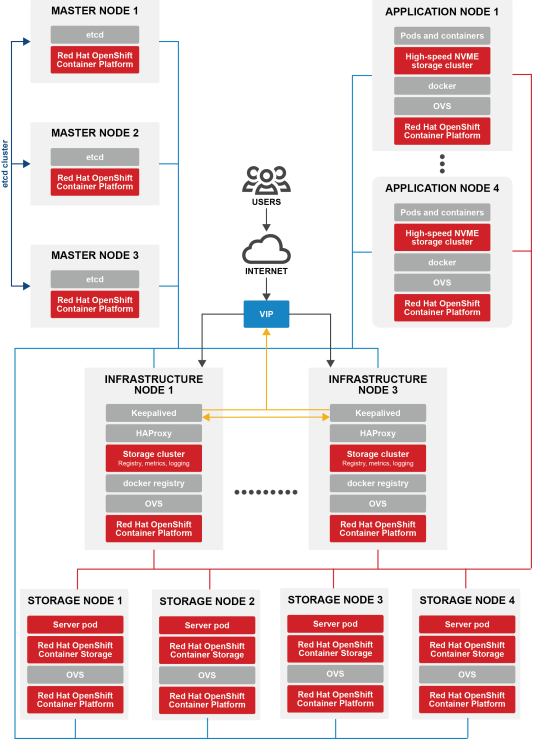
Telecommunication solutions – now services can be delivered more efficiently and more quickly. Edge computing and 5G technologies are opening up opportunities that are massive for providers of communication services. These software systems enable revenue streams that were not exist before and continuously create new models of business to cater to the ever-evolving market. Dell has collaborated with various providers of communication services in order to ensure that this opportunity reaps benefit for everyone.
How Dell Technology helps in upgrading to existing network?
Using Dell technology, it becomes easier to transform and upgrade the existing network. Dell brings to your use an array of open-source products which are flexible. These solutions are perfect for managing a cloud-native network of any scale. Dell is working on creating an ecosystem that is open and has an association of all credible partners. This plays a phenomenal role in invalidating, testing, developing, and integrating new products, solutions, and services. Dell is a global enterprise having extensive resources, experience, and expertise.
Furthermore, Dell has worked on various solutions in order to cater to and push the boundaries and possibilities of telecommunication. Dell offers a multi-cloud foundation for telecommunication. It helps in the reduction of costs and a great manner. It also meets SLA’s deployment by automating it. We also manage lifecycles.
What’s more in store for you?
Open RAN helps develop validated solutions across the industry and helps reduce a complex process, which often becomes in a situation where the organization is dealing with multiple vendors. The core of Dell is converged for 5G. It brings to you an environment that has the proof to be the best in the market and is open, and brings all solutions to you.
Whether they function as hardware vendors, cloud vendors, or cloud-native entities, Dell secures its systems with 3GPP security and private wireless. This enables the providers of services of communication reduction at the complexity they face. This improves the ratio of the organization’s value in comparison to time. Edge computing, once integrated, plays a crucial role in achieving these results.
Container solutions –
We have now made consistent application platforms possible. These enable the management of applications using the native cloud. It does so with the OpenShift solutions type of container platform.
Solutions for managing data –
Data insights are key to it all. Getting the right insight in a quick time helps the organization to thrive in the market. The solution deployed to achieve this is based on open standards.
We pre-validate Red Hat solutions and put them through multiple tests to ensure that OEM solutions can maximize value and support.
Machine learning and artificial intelligence empower organizations and help them make a decision that is crucial to providing the right data and insights. Dell assures that these solutions will help the organization decrypt the full potential hidden in their data. These solutions push the boundaries of AI by accelerating and automating outcomes that are intelligent and demand first the data, then move to manage the lifecycle of the data. Dell promises that its solutions are up to almost eighteen times faster models.
We observe that automating the reconciliation of data feeds saves almost twelve hours every week. All this together almost saves you millions of dollars in costs. Some of the validated designs for AI are for virtual environments, where NVIDIA AI works with VMware AI. DATARobot is a solution for automated machine learning, which enables you to easily and quickly create predictive models that are accurate.
FAQs
1. What are the advantages of using Dell servers with Red Hat Enterprise Linux (RHEL)?
Dell servers combined with RHEL offer a robust, secure, and scalable foundation for enterprise applications. Advantages include:
- Optimized Performance: Dell servers are engineered to maximize the performance of RHEL, ensuring efficient processing of workloads.
- Reliability and Security: RHEL’s reputation for stability and security complements Dell’s reliable hardware, providing a secure environment for critical applications.
- Enhanced Scalability: The combination supports growing business needs, allowing for seamless expansion of computing resources.
- Integrated Management Solutions: Dell’s management tools alongside Red Hat’s system administration features offer simplified management of complex environments.
2. How does Dell EMC PowerEdge enhance the Red Hat environment?
Dell EMC PowerEdge servers enhance the Red Hat environment by providing:
- Advanced Processing Capabilities: With the latest Intel Xeon processors, PowerEdge servers handle demanding applications and workloads efficiently.
- Flexible Storage Solutions: A range of storage options, including all-flash NVMe, to meet the performance and capacity needs of any Red Hat deployment.
- Robust System Management: Integrated with Dell EMC OpenManage, offering comprehensive hardware management that complements Red Hat’s system management tools.
- Tailored Configurations: PowerEdge servers can be customized to meet the specific requirements of a Red Hat deployment, ensuring optimal compatibility and performance.
3. Can Dell servers support both RHEL and Red Hat OpenShift deployments?
Yes, Dell servers can support both RHEL for traditional server workloads and Red Hat OpenShift for containerized applications. Dell’s infrastructure provides the necessary compute, storage, and network capabilities to run these platforms efficiently, offering a unified solution for businesses adopting both virtualization and containerization strategies.
4. What Dell technologies are recommended for high-availability Red Hat environments?
For high-availability Red Hat environments, Dell recommends:
- Dell EMC PowerEdge Servers: With redundant power supplies and network paths to ensure continuous operation.
- Dell EMC Storage Solutions: Such as PowerScale and PowerStore, offering data replication and snapshot capabilities for data protection.
- Dell EMC Networking: Switches that provide high throughput and low latency, essential for maintaining application performance in a high-availability setup.
5. How do Dell and Red Hat collaborate to support enterprise deployments?
Dell and Red Hat collaborate closely to ensure that Dell’s server and storage solutions are fully optimized and certified for Red Hat software, including RHEL and Red Hat OpenShift. This collaboration extends to:
- Joint Engineering Projects: Ensuring hardware and software compatibility and optimization.
- Certification Programs: Dell hardware undergoes rigorous testing and certification with Red Hat software.
- Integrated Support: Offering customers a seamless support experience for their combined Dell and Red Hat solutions.
6. What resources does Dell provide for managing Red Hat deployments?
Dell provides a suite of management tools and resources for Red Hat deployments, including:
- Dell EMC OpenManage: Integrates with Red Hat’s management tools for hardware monitoring and management directly from the Red Hat interface.
- Automation Tools: Such as Ansible modules for automating the deployment, configuration, and management of Dell hardware in a Red Hat environment.
- Best Practice Guides and Whitepapers: Offering insights and recommendations for optimizing Red Hat deployments on Dell infrastructure.
7. How does Dell support virtualization and cloud initiatives with Red Hat?
Dell supports virtualization and cloud initiatives with Red Hat through:
- Optimized Server Solutions for RHEL and Red Hat Virtualization: Providing a solid foundation for running virtual machines efficiently.
- Validated Designs for Red Hat OpenShift on Dell Infrastructure: Simplifying the deployment of containerized applications with Kubernetes.
- Hybrid Cloud Solutions: Leveraging Red Hat CloudForms on Dell infrastructure to manage resources across private and public clouds, offering flexibility and scalability for cloud initiatives.

